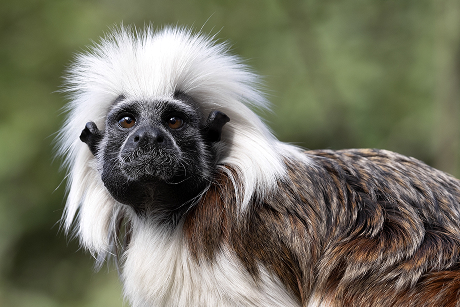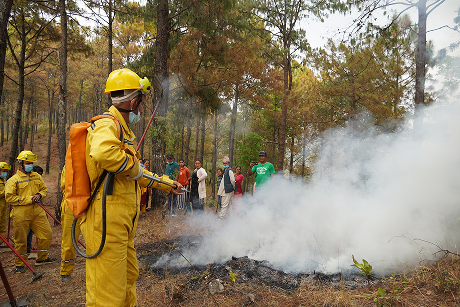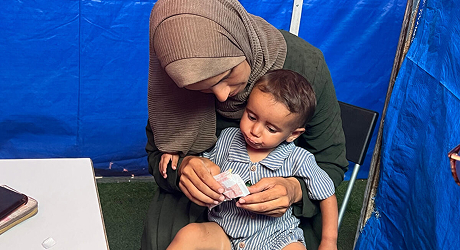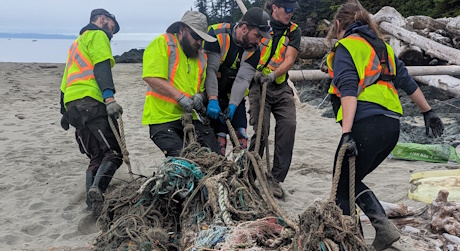Footprints Project
Since 2005, travelers like you have helped us change the world through micro-donations.
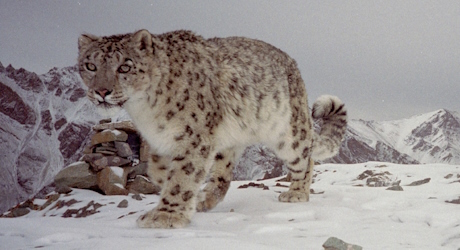
-
A total of
2957
Travelers
-
donated
$18016.08
(100% funded) -
to help improve
Environment
-
impacting
100
people -
in
India
Traveling soon? When you buy travel insurance with us, you can make a contribution towards a cause you care about.
Get a quote